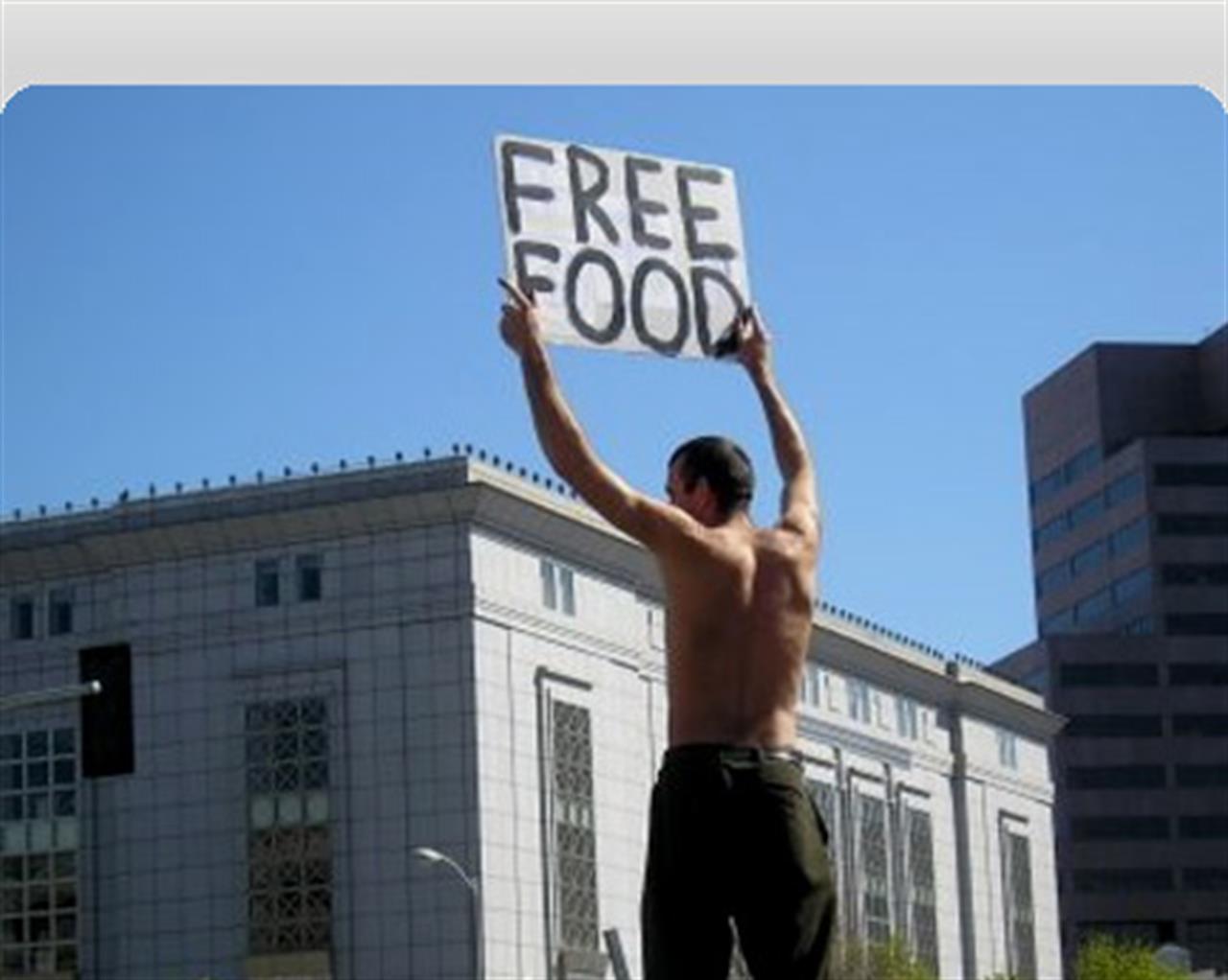Politica
Europe’s poor to receive 500m euros more food aid
The European Commission proposes to improve the current food distribution programme for Europe's poor by increasing the budget to 500 million starting in 2009
di Staff

Originally designed to provide surplus stocks of farm produce (“intervention stocks”) to needy people, the scheme was amended in the mid-1990s to make it possible to supplement intervention stocks with market purchases in certain circumstances. Now that surplus stocks are extremely low and unlikely to increase in the foreseeable future, the scheme should allow market purchases on a permanent basis, to complement remaining intervention stocks.
The choice of food would be for the Member States and food distribution plans would be established for three-year periods. Food would continue to be distributed in cooperation with charities and local social services. From the 2010/12 plan, the scheme would be co-financed (75 percent from the EU budget, and 85 percent in cohesion areas). From the 2013/15 plan, co-financing would be split 50/50, with the EU budget providing 75 percent in cohesion regions.
The Commission believes an increase in the budget to be necessary because rising food prices are adversely affecting the food security of needy people and increasing the cost of providing food aid. In 2006, more than 13 million EU citizens benefited from this aid scheme. The revised programme should be available from 2010.
Surplus stocks
The scheme was originally established in 1987, allowing Member States to release public stocks of surplus food for use as food aid. Since then, the situation has changed. Stocks are at an all-time low, the number of needy people has increased and food prices have recently risen sharply. This is why the Commission believes it is vital to increase spending on the scheme, and to allow food purchases on the open market on a permanent basis.
Introducing co-financing will help to improve planning and management of funds and allow Member States to take greater responsibility for the programme. To further enhance efficiency and to ensure continuity, a three-year distribution plan should be established.
Products would no longer be limited to those for which the intervention applies. For example, fruit and vegetables and cooking oil will, for the first time, be covered by the programme.
The choice of food would be made by national authorities on the basis of nutritional criteria and distributed in cooperation with civil society partners, as happens now. Food would be sourced either from intervention stocks, if available, or from the market with priority given to the use of intervention stocks where these are available. Distribution must be free of charge or at a price no greater than justified by the costs incurred by the designated organisation in distributing the food.
Member States are free to choose whether or not to participate in the programme. Aid is typically provided to a wide range of people living in poverty, including families in difficulties, elderly people with insufficient means, the homeless, the disabled, children at risk, the working poor, migrant workers and asylum seekers.
Member States that want to take part in the programme would select suitable organisations – usually charities or local social services – to carry out the food distribution. They would then identify their needs for a three-year programming period and make their request to the Commission, which allocates the budget. This would be done on an annual basis, to enable adjustments to be made if the situation changes in the course of the programming period.
Although the EU has, on average, among the highest living standards in the world, some people are unable to adequately feed themselves. An estimated 43 million people in the EU are at risk of food poverty, meaning that they cannot afford a meal with meat, chicken or fish every second day. Some 19 Member States currently participate in the programme.
Find out more: http://ec.europa.eu/agriculture
17 centesimi al giorno sono troppi?
Poco più di un euro a settimana, un caffè al bar o forse meno. 60 euro l’anno per tutti i contenuti di VITA, gli articoli online senza pubblicità, i magazine, le newsletter, i podcast, le infografiche e i libri digitali. Ma soprattutto per aiutarci a raccontare il sociale con sempre maggiore forza e incisività.
